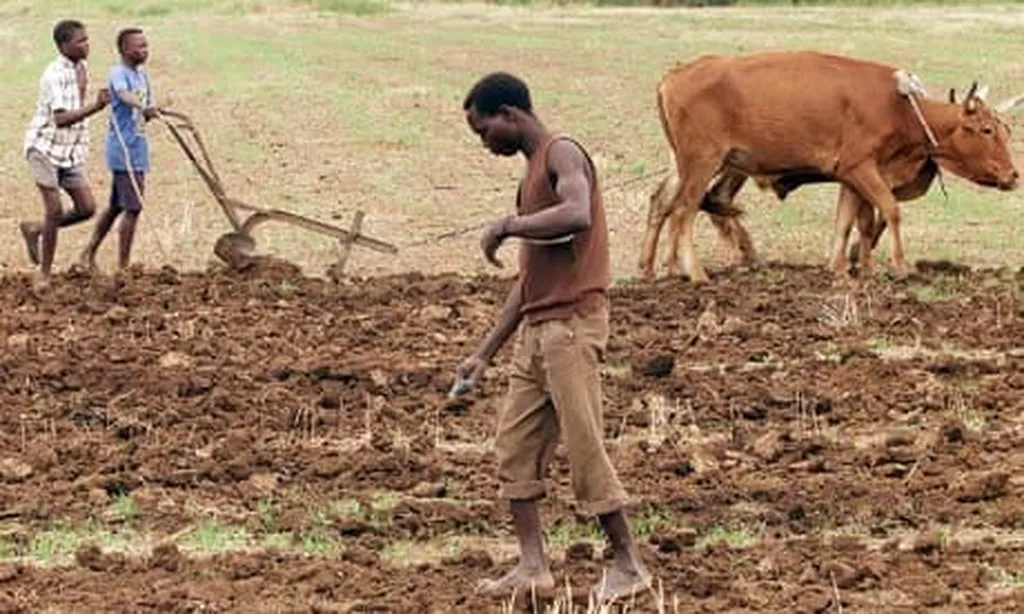In the heart of Africa, where agriculture is the lifeblood of rural economies, a groundbreaking database is set to revolutionize how we understand and improve crop yields. Developed by Emily C. Geyman of the California Institute of Technology’s Division of Geological and Planetary Sciences, the GROW-Africa database is a comprehensive collection of georeferenced crop yield observations, offering a granular view of agricultural productivity across the continent.
Agriculture in Africa is a vital sector, contributing up to 70% of household income in rural areas. However, crop yields have been rising at a slower pace compared to the global average. The lack of detailed, accurate, and spatially extensive data has been a significant hurdle in developing effective strategies to boost agricultural productivity. GROW-Africa aims to bridge this gap by providing a wealth of information on 25 key crops, including maize, sorghum, cassava, groundnuts, cowpeas, rice, yams, and millet.
The database is a mosaic of observations from various spatial scales, ranging from regional government statistics to household farmer surveys and plot-level crop cuts. This diversity allows researchers to identify sources of bias and error in different data types, ensuring the reliability of the information. “By assimilating these varied data sources, we can gain a more nuanced understanding of how crop yields respond to climate variability, climate extremes, and agronomic practices,” Geyman explains.
One of the most compelling applications of the GROW-Africa database is its potential to train remote sensing algorithms. These algorithms can then produce continuous maps of crop yields across Africa, providing real-time insights that can inform policy decisions and agricultural practices. This capability is particularly valuable in the energy sector, where biofuels and other agricultural products play a significant role. Accurate yield data can help energy companies optimize their supply chains, reduce costs, and improve sustainability.
The implications of this research extend beyond immediate commercial impacts. By offering a detailed picture of agricultural productivity, GROW-Africa can support policy makers in developing targeted interventions to enhance crop yields. This, in turn, can contribute to food security, economic stability, and environmental sustainability.
As we look to the future, the GROW-Africa database stands as a testament to the power of data in driving agricultural innovation. Its potential to inform policy, improve remote sensing technologies, and support commercial ventures makes it a valuable resource for researchers, policymakers, and industry leaders alike. Published in the journal ‘Scientific Data’ (which translates to ‘Scientific Data’ in English), this research is poised to shape the future of agriculture in Africa and beyond.

